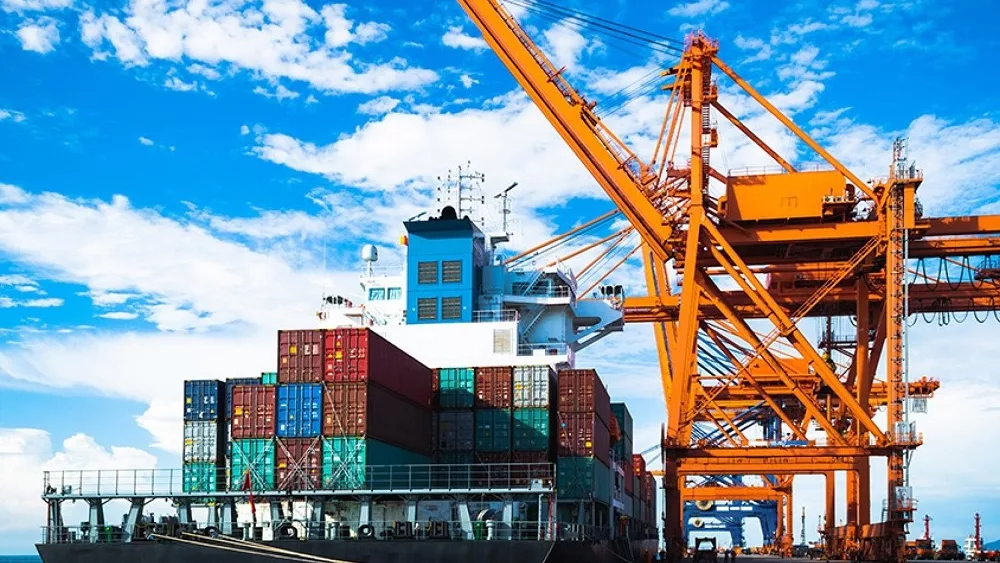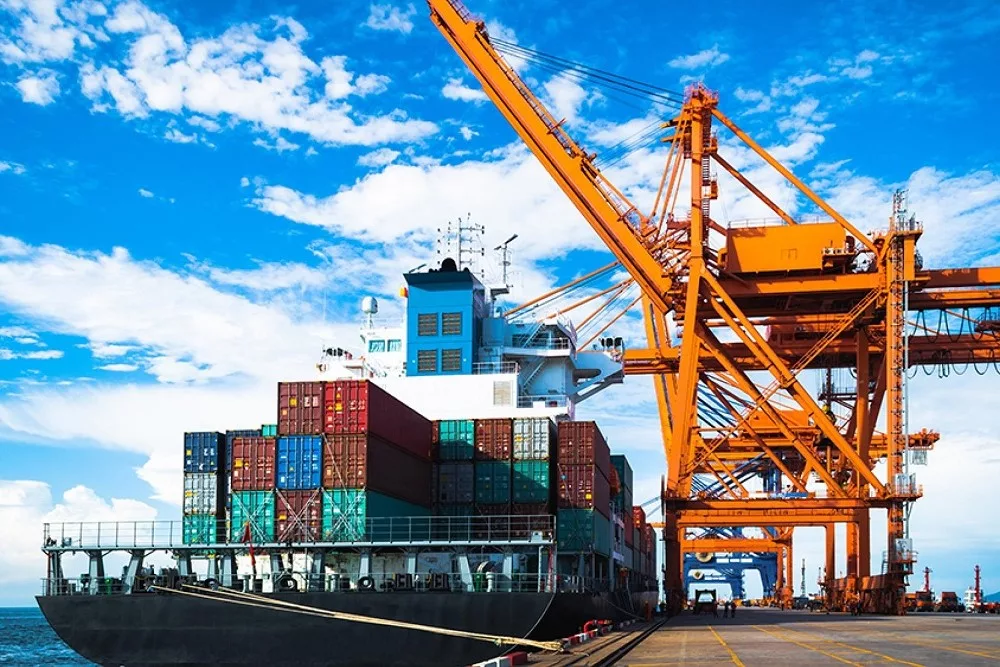Tuesday, October 1 is the date set by the International Longshoremen’s Association (ILA) to begin its strike if a new labor contract isn’t agreed upon with the United States Maritime Alliance (USMX). The main areas of dispute in the negotiations relate to wages, the use of automation, health care, and container royalties.
A strike by the ILA, which represents as many as 85,000 longshoremen who work on the Atlantic and Gulf Coasts, Great Lakes, and major U.S. rivers, could have a significant impact on the flow of ag exports set to leave the U.S. for foreign destinations—especially during the U.S. harvest season.
“Bulk exports of soybeans and other agricultural products would not be directly impacted by any potential strike or lockout if an agreement is not achieved by the International Longshoremen’s Association and the U.S. Maritime Alliance. However, containerized exports of soybeans and other agricultural products would be impacted,” according to Mike Steenhoek, Executive Director of the Soy Transportation Coalition.
To provide some perspective, the Mississippi Gulf Region near New Orleans is the number one export region for soybeans, exporting 27 million metric tons from the region in 2023.
In addition to having a negative impact on exports of soybeans, soybean meal, and other ag products that are exported via container, an ILA strike also would have a significant impact on chilled or frozen meat, eggs, etc. that are exported from the U.S.
“We are starting to see agricultural exporters explore other routes like the West Coast, which will most likely mean at a higher cost and longer transit times,” says Steenhoek. “This will be one more cost intrusion into the supply chain.”






